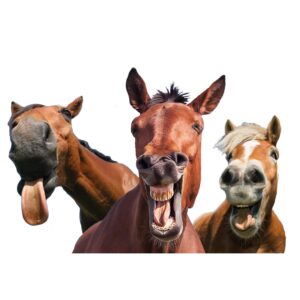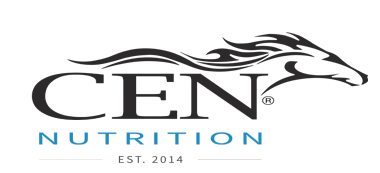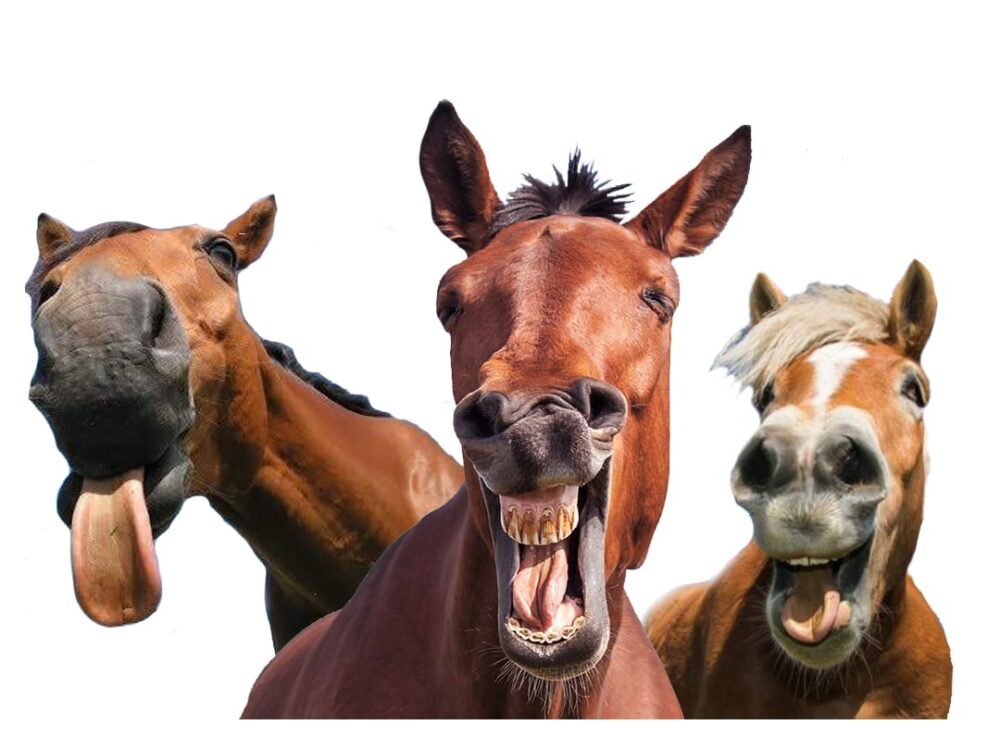
Why Diet Is Important?
What is the Danger of Sugar and Starch?
CAN DIET IMPACT ON BEHAVIOUR?
Before reaching for the “calming” supplements take a quick look at the first ingredients on your feed bag.
If cereal grains e.g barley which are high in starch are first on the list, then this could be affecting behaviour because starch is broken down into sugar in the horse’s body, raising blood sugar levels.
CEN constantly receives feedback from clients reporting better temperament and alertness when making the switch from so called “Extra Cool” pellets and chaff to the fibre based pellet of CEN Complete Formula or CEN CF50, CEN Oil and grassy hay.
WHY DIET IS IMPORTANT?
The physiology of a horse naturally thrives on fibre, they have a large hindgut where food spends several days fermenting, efficiently utilising fibre as an energy source.
Fibre is an important prebiotic, which feeds the “good” gut bacteria in the intestinal tract, these are the fibre fermenters and provide the horse with vitamins and calories, while keeping the microbiome environment balanced (close to neutral pH).
Did you know hoof growth is greatly influenced by the gut microbiome. Biotin is produced by the “good” gut bacteria.
A horse with an abundance of “good” gut bacteria from a fibre based diet is the most healthy state. The side effects of this is better temperament, alertness and responsiveness.
Fat (Cold pressed oil) is an excellent source of calories, up to three times the calories offered by carbohydrates or protein, giving horses the ability to meet their energy needs while in training, working or performing.
WHAT IS THE DANGER OF SUGAR AND STARCH?
Unlike sugary and starchy feeds like barley, corn, sweet feeds, or grain-based products, fat doesn’t create insulin highs and lows. It does not promote negative behaviour, it doesn’t increase the risk of laminitis, and it doesn’t destroy the hindgut microbiome.
Too much sugar or starch in the hindgut can lead to acidosis due to the over population of the starch and sugar fermenting bacteria “bad bacteria” which produce lactic acid. This acidic environment kills off the “good” gut bacteria leading to more potential serious conditions like colic or laminitis.
Horses evolved eating diets that were fairly low in nonstructural carbohydrates (NSC), so in the wild they would not experience wide fluctuations in blood glucose and insulin.
In humans, changes in brain chemistry might be the link between dietary starch and sugar intake and behaviour. Serotonin, a brain neurotransmitter, is known to modulate mood, alertness, and activity. It is estimated that 90 percent of the body’s serotonin is made in the digestive tract. This is a possible theory to behaviour changes seen in horses when fed high sugar/starch feeds which unbalance the gut environment may have a impact on hormone levels.
Though there are other factors like genetics and environmental that may play a role in the tolerance of sugar/starch in the diet.
CHECK THE NUTRIENTS IN THE DIET
Simple diet checks to rule out if insulin spikes are affecting your horse’s behaviour:
Make grassy hay or pasture the centre point of the diet (1-1.5% of bodyweight in KG per day)
Check pasture as this may impact behaviour. By limiting their grazing to the early hours of the morning. Pasture makes sugars and starch as their own source of food during the day using sunlight (photosynthesis). So as the day progresses, sugar and starch levels will increase.
Check your hard feed does not contain more than 2.2kg of grain/grain by products in a single feed.
The stomach and small intestine can only digest up to 2.2kg of grain and sugar at a time and it is the overflow of undigested feed that lowers the pH in the colon and cecum leading to hindgut acidosis.
For additional calories choose super fibres like lupins or unmolassed beet pulp.
Please contact us if you need guidance to help balance the nutrients in the diet and save money if doubling up.
Written by Bryan Meggitt (BMedSc. PGCrtMedSc.)
Biochemist / Senior Scientist and Co-founder of CEN Horse Nutrition
Bryan is a scientist and equine nutrition educator through the nutrition principles of Dr Juliet Getty and Dr Eleanor Kellon.
Bryan is passionate about improving equine health through natural nutrition according to science.

